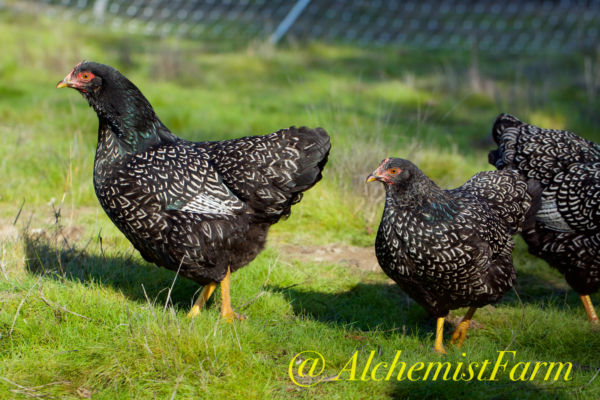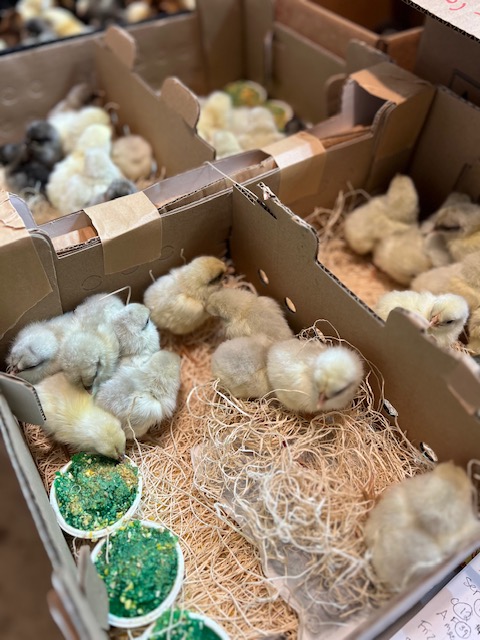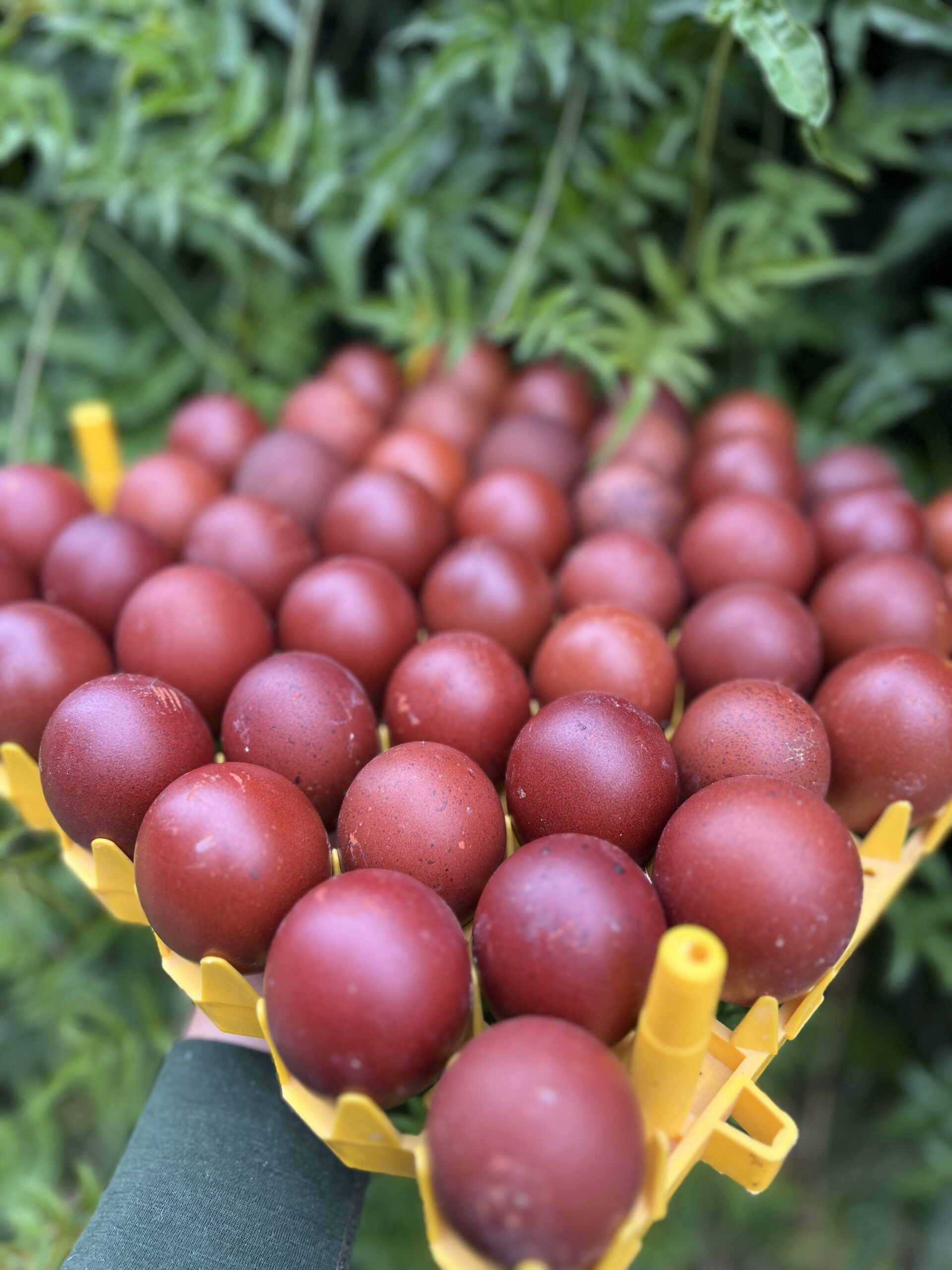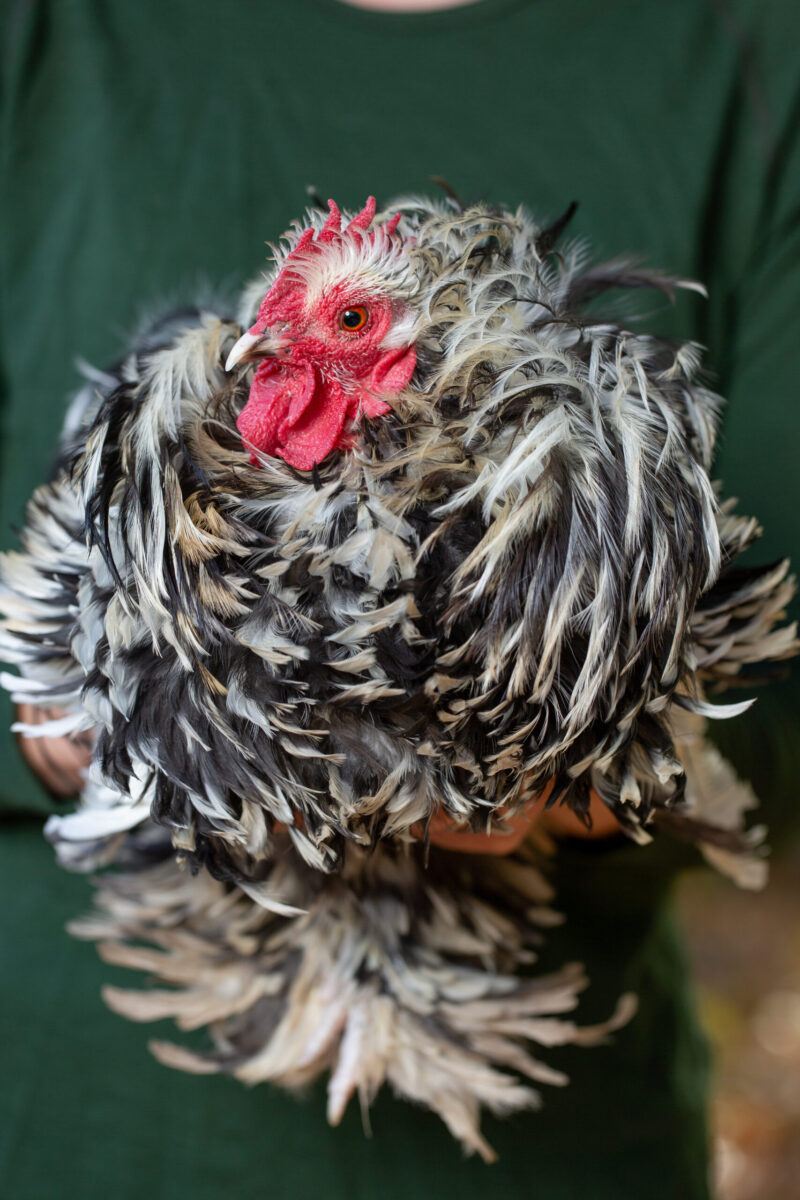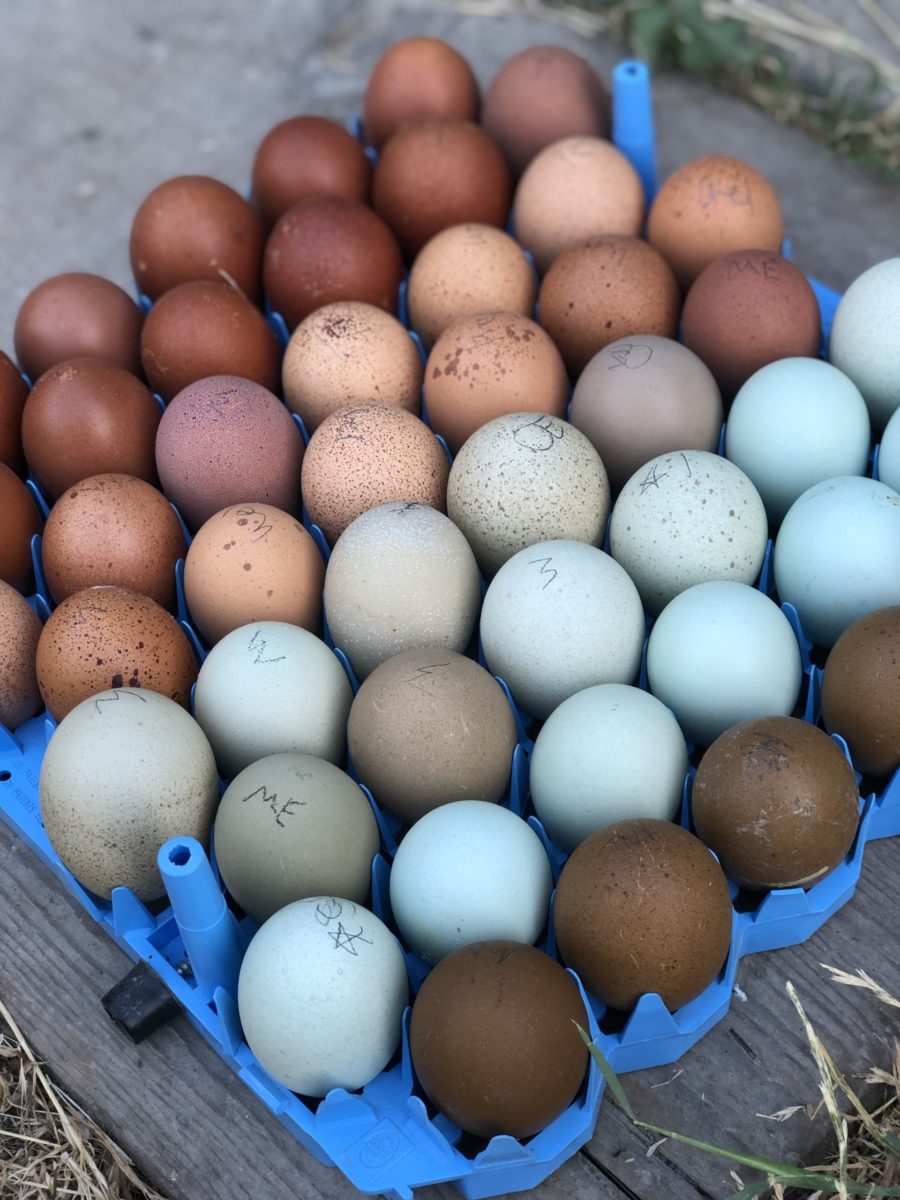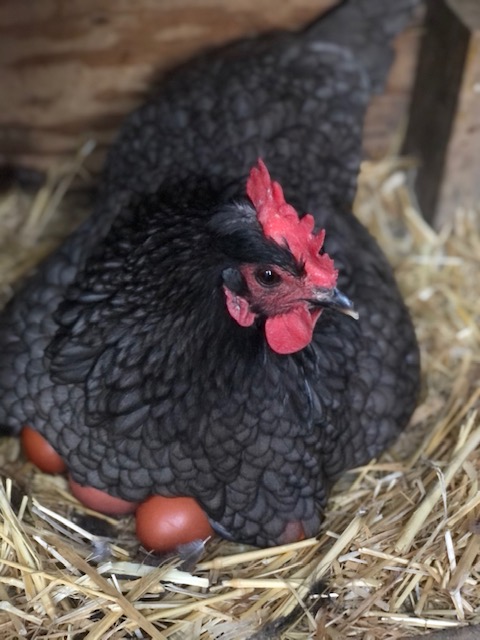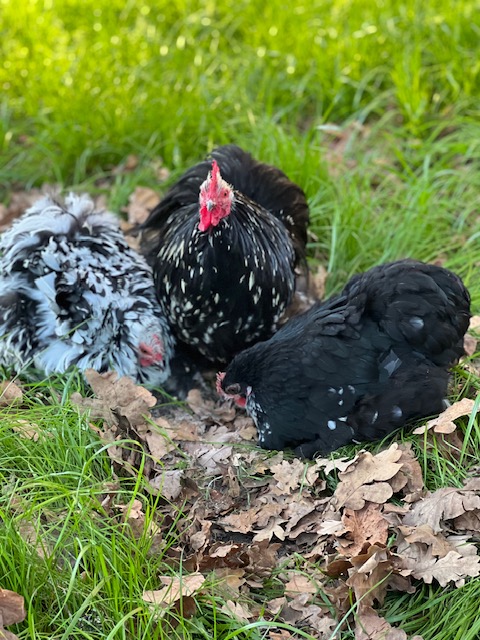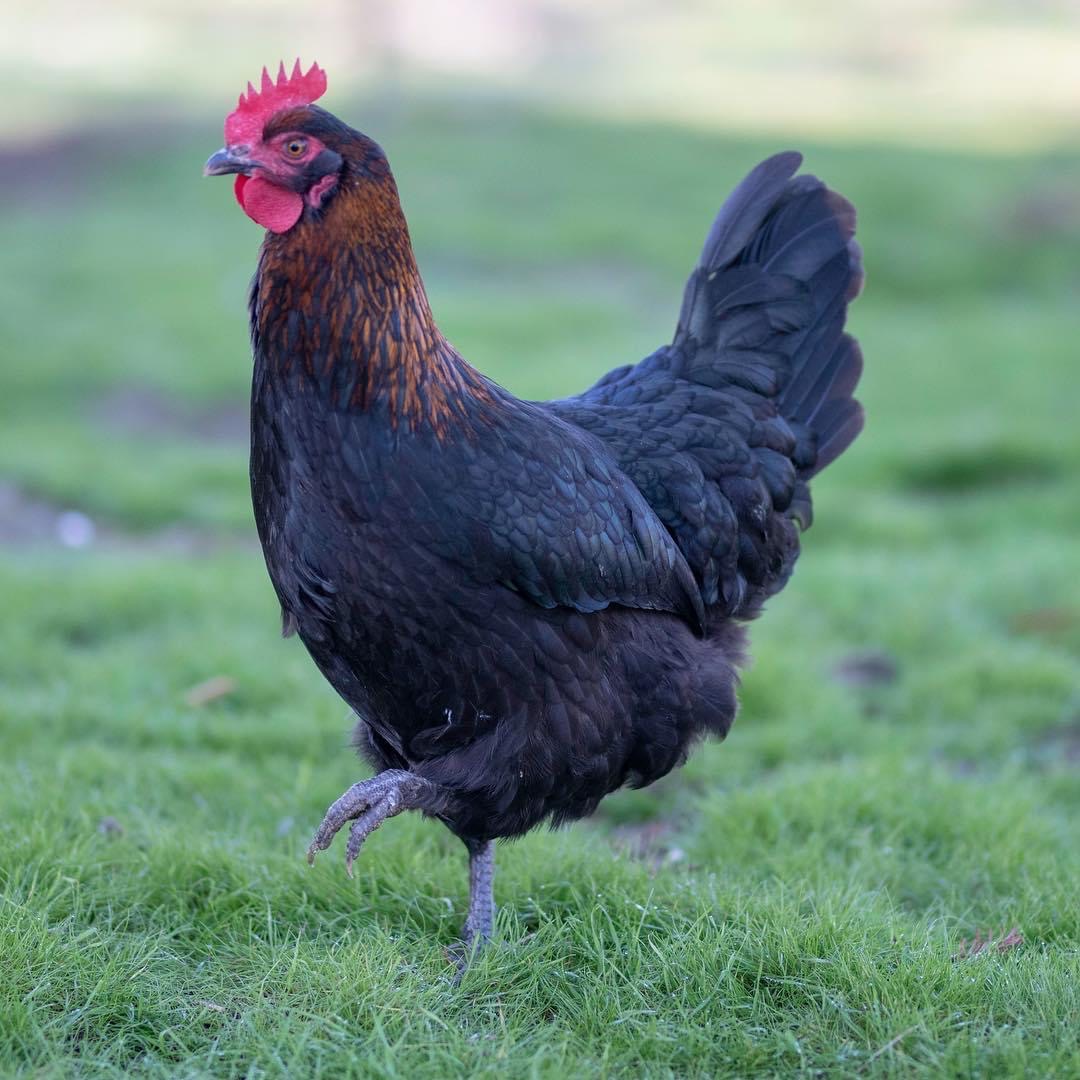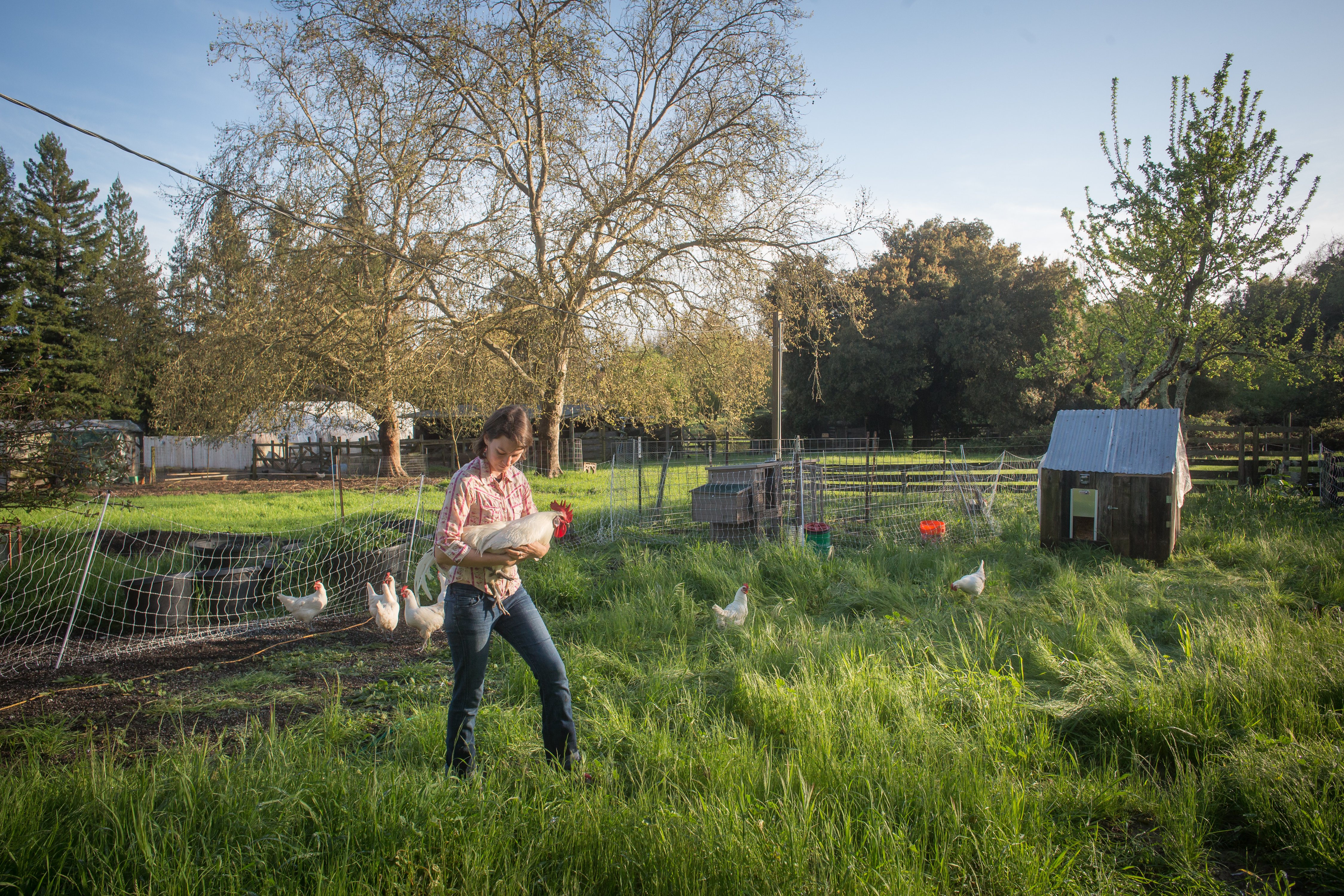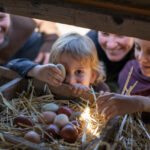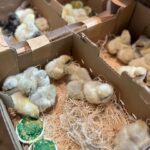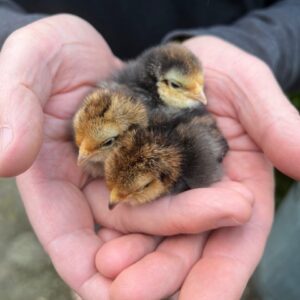Are you looking to add a touch of elegance to your backyard flock? Look no further than the Double Silver Laced Barnevelder. This stunning chicken breed is known for its striking appearance, friendly demeanor, and exceptional egg-laying abilities. In this guide, we’ll delve into the world of Double Silver Laced Barnevelders and discover what makes them such a beloved addition to any poultry enthusiast’s flock.
Are all Barnevelder double laced?
While the Barnevelder breed is known for its double-laced plumage pattern, not all Barnevelders exhibit this trait. The Double Silver Laced variety, however, features a distinct double-laced pattern of silver and black feathers that sets them apart from other Barnevelder varieties. This eye-catching plumage adds to the breed’s allure and makes them a popular choice among backyard chicken keepers.
How much does a Barnevelder cost?
The cost of a Barnevelder can vary depending on factors such as age, pedigree, and the reputation of the breeder. On average, a Double Silver Laced Barnevelder chick may cost anywhere from $5 to $40, while adult birds can range from $15 to $60 or more. While they may be slightly more expensive than some other breeds, their beauty, temperament, and egg-laying capabilities make them a worthwhile investment for many poultry enthusiasts.
What color eggs do double laced Barnevelders lay?
One of the standout features of Double Silver Laced Barnevelders is their curious and sweet disposition and their show stopping beauty which makes them favorite among backyard egg enthusiasts. Additionally, Barnevelders are known to be prolific layers, providing a steady supply of eggs throughout the year.
Choosing Your Double Silver Laced Barnevelder
If you’re considering adding Double Silver Laced Barnevelders to your flock, you’re in for a treat. Not only are these chickens beautiful to look at, but they also have a friendly and docile temperament that makes them a joy to keep. Whether you’re a seasoned chicken keeper or new to backyard poultry, Double Silver Laced Barnevelders are sure to become fast favorites in your flock.
Double Silver Laced Barnevelders are truly a breed apart, with their stunning plumage, friendly disposition, and exceptional egg-laying abilities. Whether you’re drawn to their beauty, their eggs, or their charming personalities, these chickens have something to offer for every poultry enthusiast. Consider adding Double Silver Laced Barnevelders to your flock today and experience the joy of raising these magnificent birds firsthand.
